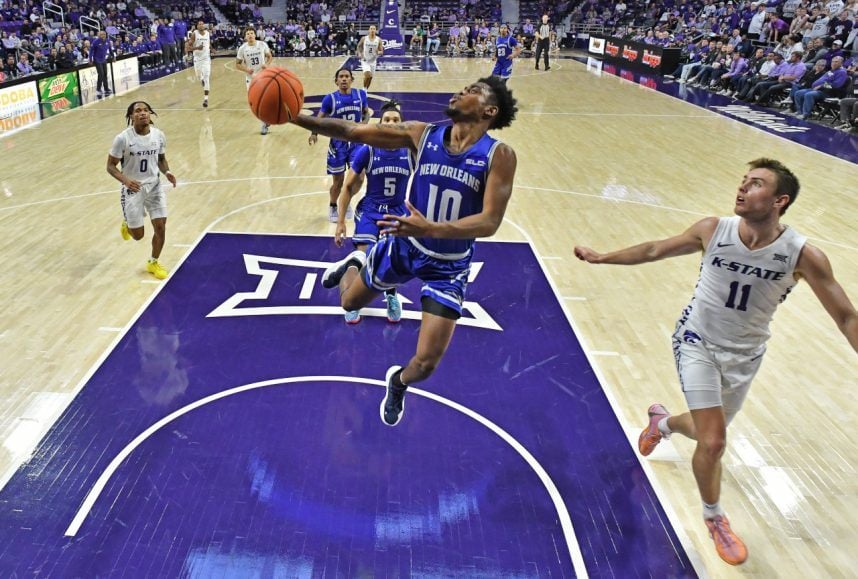Banned NCAA Player Admits He Shaved Points for ‘Fast Cash’
Posted on: November 18, 2025, 10:29h.
Last updated on: November 18, 2025, 10:53h.
- New Orleans player is one of six banned by the NCAA
- Player said he needed “fast cash” to help support a newborn child
- Player tells “Good Morning America” he was approached by a Las Vegas bettor to take part in the scheme
A basketball player banned for life by the NCAA after a sports betting investigation went on “Good Morning America” and admitted to shaving points in games.

Dae Dae Hunter, a former University of New Orleans guard, one of six basketball players banned by the NCAA, admitted he was part of a gambling scheme. Hunter and two New Orleans teammates – Dyquavian Short and Jamond Vincent – were among those who had their NCAA eligibility revoked. An Arizona State player, Chatton “BJ” Freeman and two Mississippi Valley State players, Donovan Sanders and Alvin Stredic, were the other players
In sports betting, points shaving is when an athlete deliberately underperforms, such as missing shots in basketball, to manipulate a sports bet in his or her favor, and to the benefit of people betting on the games.
Players Manipulated Their Performance
In Hunter’s case, at least seven New Orleans games were under an investigatory microscope for suspicious behavior related to sports betting.
I did point shave,” he told “Good Morning America.” “I did go out there and not do my best, basically shooting the ball and not actually trying to make it. I would make a couple, and miss a couple.”
He added that players had been approached by an unidentified bettor from Las Vegas.
“I was money hungry,” he said. “Fast cash.”
$5,000 Payoff
Hunter said he wasn’t worried about not delivering for the bettor and that they were “95 percent” committed to getting the job done while manipulating the games. The NCAA investigation revealed text messages between Hunter and Short where they discussed receiving $5,000 for their participation in the betting scheme.
Hunter said he needed the money to take care of a newborn child.
The school wasn’t paying me money, so I was trying to get money to take care of my child,” he said. He admitted lying to the NCAA during the investigation.
“I was trying to lie because I thought I would get my way out of it,” he said. “Don’t follow my steps and don’t make the mistake I made.”
NCAA Investigation
As reported here, the NCAA announced in September it was investigating 13 former men’s basketball student-athletes for alleged violations of sports betting rules. The athletes competed at six schools at the time the conduct in question occurred.
The alleged behaviors include student-athletes betting on and against their own teams, sharing information with third parties for the purpose of sports betting, knowingly manipulating scoring or the outcome of games, and refusing to participate in investigations.
Last Comment ( 1 )
I shaved to support my new born baby? Baby daddy gonna pay by scheming with gamblers. Next thing he will say he was threatened by the mob